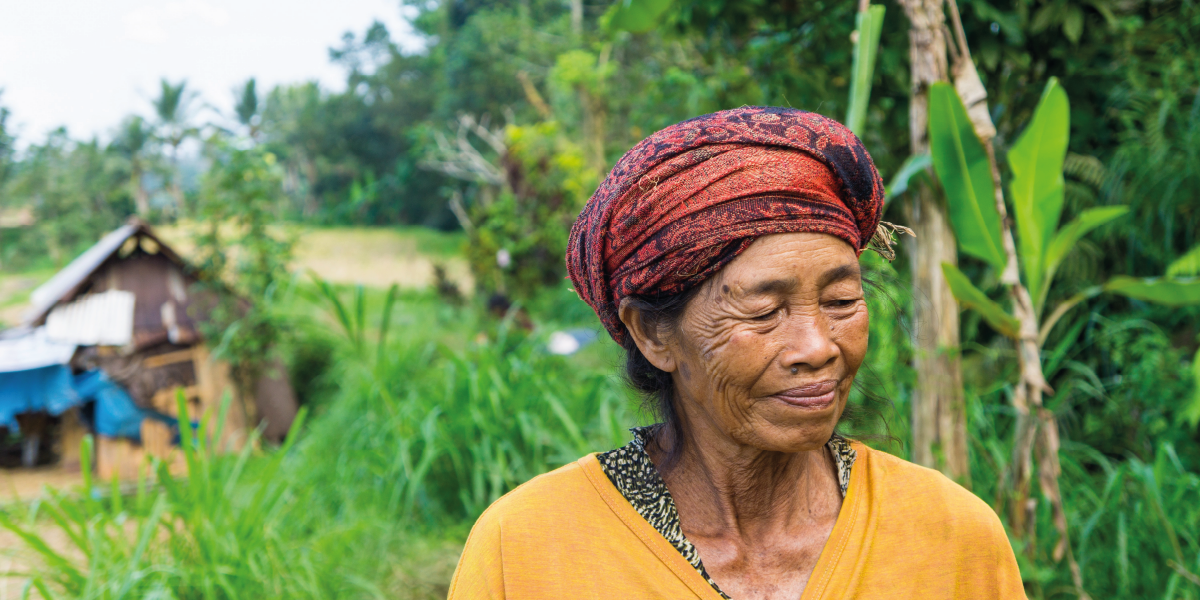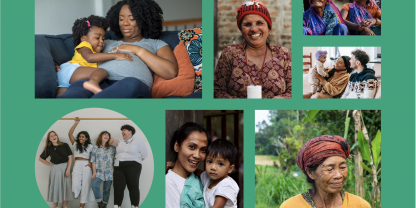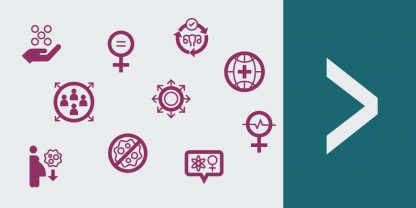FIGO Strategic Plan 2021–2030: Our vision
Our vision
FIGO has a vision that women of the world achieve the highest possible standards of physical, mental, reproductive and sexual health and wellbeing throughout their lives.
Image

Our mission
FIGO will elevate the status of women and girls’ health, reduce disparities in health care for women and girls, and advance the science and practice of obstetrics and gynaecology through education, global research, advocacy and capacity building.
Our core values
With our members, partners, volunteers and staff at our core, we hold the following values.
- Women and girls deserve respect, care and the ability to make decisions for themselves.
- We make evidence-based decisions grounded in science, integrity and the wellbeing of our populations.
- We communicate openly, directly and respectfully.
- We work collaboratively and respect diversity.
- The work environment for our staff and volunteers must empower them to build relationships based on mutual respect and a focus on women and girls’ health and rights
Our goals
- Improve the health and wellbeing of women and girls across their life course worldwide.
- Enhance the status of all women, girls and families, enabling them to realise their full potential of education, sexual and reproductive health and rights, professional opportunities and personal wellbeing.
- Advance the practice of obstetrics and gynaecology through education, training, research and advocacy, employing the highest ethical and professional standards.
- Strengthen the role of FIGO in global health.
Download the FIGO Strategic Plan 2021–2030
File
You can also use the buttons below to navigate through the online version of the strategic plan.


